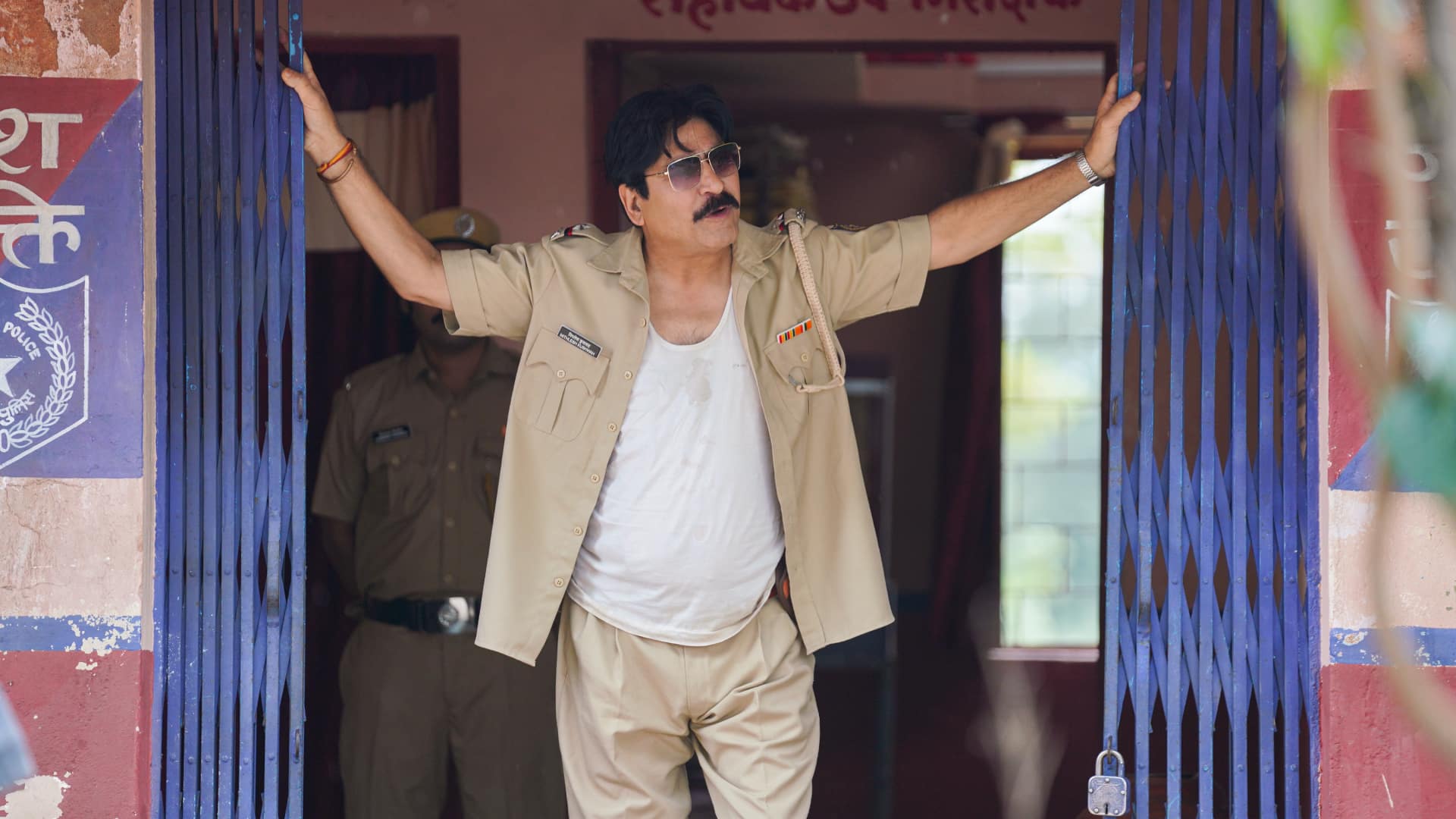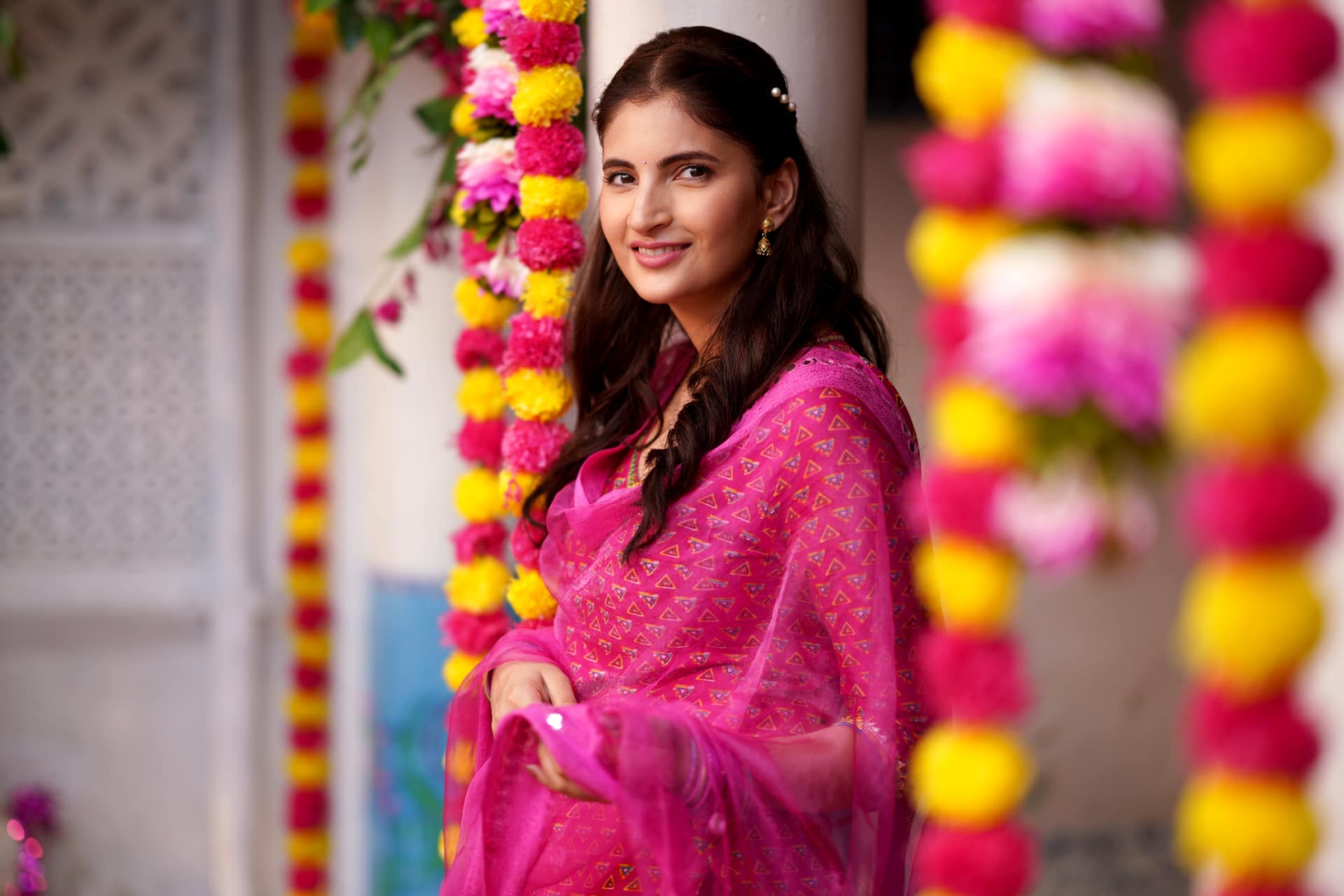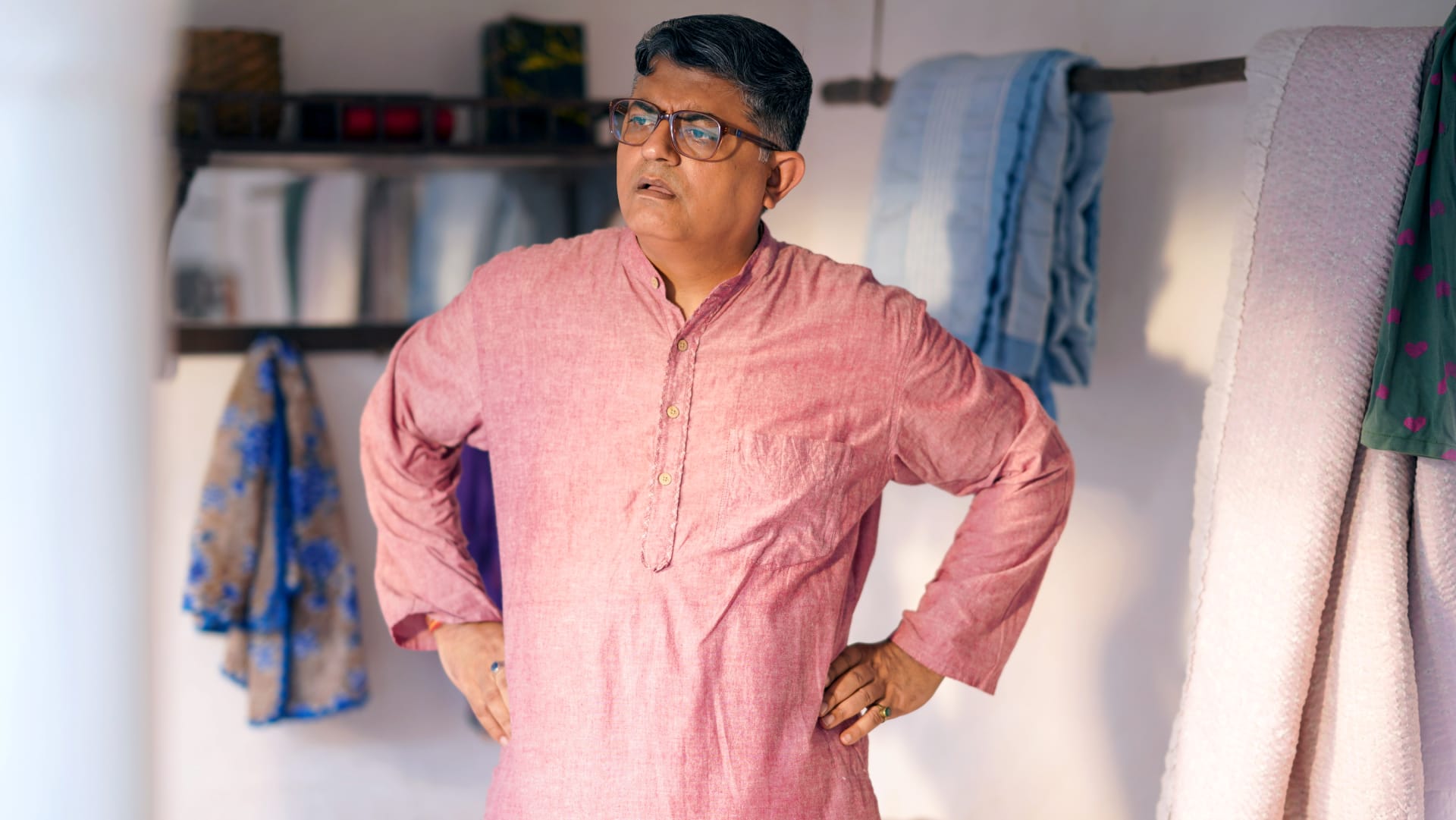



Dupahiya ending explained: Director Sonam Nair’s Dupahiya, which released at midnight on March 7, on Amazon Prime Video, ends with at least three women finding the confidence to challenge the patriarchy and taking the reins of their own lives. As such, its release a day before 2025 International Women’s Day is timely if not deliberately timed or pitched as a Women’s Day release. Consider the character of Panchayat ward member and single mom Pushplata Yadav, played by Renuka Shahane.
 A still from Dupahiya on Amazon Prime
A still from Dupahiya on Amazon Prime
International Women’s Day is observed each year as an homage to women demanding voting rights and equal pay as far back as 1908, in New York; and in the UK in 1914, where suffragettes marched to Trafalgar Square, and the police hauled away their leader Syvia Pankhurst. The day continued to gain significance, as it came to commemorate women striking to protest the death of Russian soldiers in World War 1 and women’s role in the Russian Revolution of 1918. In 1975, the United Nations called for marking an annual “United Nations Day for Women’s Rights and International Peace”. The resolution was adopted in 1977.
At the heart of the International Women’s Day, then, is women’s participation in politics and economics. And Pushplata Yadav of Dupahiya is a pragmatic champion of these rights in a traditional Indian home and village (the series is shot in Orchha in Madhya Pradesh but it could be set in a village in Bihar, with Uttar Pradesh close enough for the boys to make a day trip on a motorbike or bus).
 From comedy series Dupahiya (Image: Amazon Prime)
From comedy series Dupahiya (Image: Amazon Prime)
In leading “India’s first crime-free village” Dhadakpur, Pushplata needs to work around not just the jealousies of other Panchayat members who bristle at her ability to rally the local people’s support and keep the party higher-ups happy enough to get an election ticket, but also deal with her incapacitated father-in-law’s complicated legacy.
She does this delicately, turning her head away but staying firmly in place even when her work brings her face-to-face with men seated on toilets and exposing pus-filled boils on their derrieres. Despite her steely commitment and other people’s outward show of support for women’s rights, the discrimination she faces is plain to see. In a scene late in the series, we see the male Panchayat members drinking and partying in the Panchayat office afterhours - a textbook case of how women have been excluded in workplaces in India and abroad.
Before moving on, it might be useful to recount briefly the plot of Dupahiya - without giving away too many spoilers.
Dupahiya begins with a marriage proposal and the demand for a Royal Enfield Bullet as dowry. Money is arranged, and the Bullet is acquired. But when the bike is stolen from Dhadakpur, which needs its crime-free tag to get funding for a clean-water project, it throws a spanner in many works.
The fates of a wedding; of a bored policeman reduced to solving crime-novel crimes; of a wannabe journalist and village WhatsApp group admin; of a female Panchayat ward member looking to become Sarpanch; of a family of four, including a wannabe Internet sensation / movie superstar (Sparsh Srivastava as Bhugol Jha); of lovers past and new, led by Amavas (Bhuvan Arora); of a beauty-treatment desiree; of an entire village-full of people tired of getting ‘baalu’ or muddy water from the pumps; and of assorted bands of criminals - all become entangled.
 Yashpal Sharma as Tundpur Police Station ASI Mithilesh Kushwaha in Dupahiya on Amazon Prime.
Yashpal Sharma as Tundpur Police Station ASI Mithilesh Kushwaha in Dupahiya on Amazon Prime.
Things come to an unlikely impasse: if the theft is reported, the village loses its crime-free status and the clean-water grant. But if it goes unreported, the bike may not be found in time, jeopardizing a wedding and a young girl’s dream to migrate to the big city.
Throughout the series, the Bullet serves as an object of fascination and jealousy. (There’s another product placement done well in the show: a dabba of Amul ghee and a wall-painted sign for the brand can be seen clearly in one episode.)
The show doesn’t immediately challenge the idea of a dowry or the common ask for a dupahiya or two-wheeler - indeed, Pushplata tells the bride’s father Banwari Jha (played superbly by Gajraj Rao) that it will drive up the “rate card” for dulhas in neighbouring villages as well. But this view evolves over the nine-episode series till it is panned/banned.
 Shivani Raghuvanshi as bride-to-be Roshni Jha. (Image: Amazon Prime)
Shivani Raghuvanshi as bride-to-be Roshni Jha. (Image: Amazon Prime)
In the end, the writers complete a quote by popular Hindi poet Mahesh Chandra Punetha that opens the series:
“Ab pahunchi ho sadak tum gaanv / jab poora gaanv sheher jaa chuka hai… / Sadak muskurayi, sachmuch kitne bhole ho bhaai / Pathar, lakdi aur khadiya toh bachi hai na abhi.” (Dear Road, you’ve come to the village when all the villagers have migrated to the city. Road smiles in answer and says, 'You’re so naive. There still are the furniture and scenery of village life left here.')
Credit must be given to the writers of the show - Chirag Garg and Avinash Dwivedi - for writing an unhurried show about change in “Bharat ka… ek gaon”. In many ways, it is a spiritual heir to shows like Panchayat, which have found fuel for entertainment in the idiosyncrasies and tempo of village life in India.
Credit must also be given to Somesh Saha who has written the music and background score that set the tone of the show. In the end, you leave with the sense of having seen something light, and comical, even if its bones are feminist.
 Gajraj Rao in Dupahiya on Amazon Prime Video
Gajraj Rao in Dupahiya on Amazon Prime Video
Discover the latest Business News, Sensex, and Nifty updates. Obtain Personal Finance insights, tax queries, and expert opinions on Moneycontrol or download the Moneycontrol App to stay updated!
Find the best of Al News in one place, specially curated for you every weekend.
Stay on top of the latest tech trends and biggest startup news.